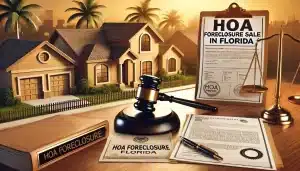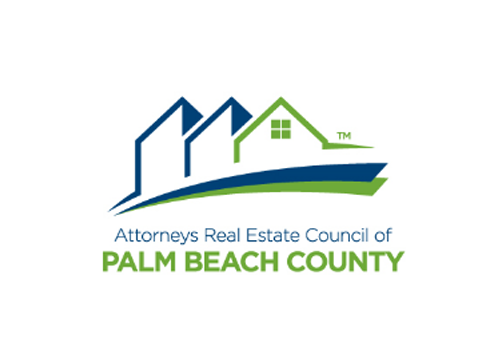
Law Blog
Don’t Just Get to Know Your Neighbor; Get to Know Your Landlord

Know Your Landlord: A Guide to Researching Your Potential Property Owner
By Derek M. Jorgensen
Let’s face it; it’s not a renter’s market in South Florida. Nationally, renters use 30% of their paychecks on rental costs. Here in South Florida, that percentage balloons to a whopping 44%. Why are we paying so much more? You probably already know; vacancies are down and the numbers of renters are up. So, with such a competitive market for renting out there, does that mean your aspirations should be to sign any lease you can get your hands on? Of course not. Before you sign a lease, before you even read the lease, always research the property and the landlord’s history.
Similar to how a landlord will do background checks on their tenants before leasing to them, the tenant should also do their research on the landlord. Go on your county’s clerk of court website and look up the landlord’s name. Does he have any judgments against him? Has he been involved in litigations in the past? Remember, when you sign a lease, you are signing a contract. You wouldn’t want to sign a contract with someone dishonest or deceitful, so look up your landlord’s history to get an idea of what type of person he is.
Next, check the property. Go to your county’s property appraiser website and look up the property to see if the landlord actually owns it. You also want to be sure that the property is not going through a foreclosure. Use the clerk of court’s website to see if the property is being foreclosed upon. It is not uncommon for a landlord to rent out a property that is being foreclosed to an unsuspecting tenant. From the date a foreclosure action is filed, it can take anywhere from 4 months to upwards of four years before the property is actually sold and transferred. During this time a landlord still owns the property and could lease it to you. No tenant ever wants to come home to an eviction notice taped to the door because the property was foreclosed.
Online resources, like Craigslist, have become a valuable tool for renters to find properties. However, it can also be a dangerous harbor for swindlers and crooks. It is crucial that you do your due diligence and research the property and the owner if you plan on renting a property that was advertised on Craigslist. First, get the individual’s name that is posting the ad. Then look up the property; or ask them for documents proving ownership- like a deed. Does their name match the deed? Be certain that you meet them in person and try to make a copy of their driver’s license. They may tell you their name is “John Smith” and a John Smith may very well be on the deed, but you need proof that they truly are who they claim to be. If an owner you are in contact with is hesitant to comply with these requests, beware.
Whenever you sign a contract with someone, always research this person to get an idea of who you are doing business with. This notion rings even truer if you plan on renting using websites like Craigslist. Be especially wary for the ads where the owner will be “out of the country” for an extended period of time. Although it is a worn saying, it is very much true with this dialog; if something feels too good to be true, it probably is.
The information provided in this article does not, and is not intended to, constitute legal advice; instead, all information, content, and materials available in this article are for general informational purposes only. Information in this article may not constitute the most up-to-date legal or other information. Readers should contact an attorney to obtain advice with respect to any particular legal matter. No reader, user, or browser of this article should act or refrain from acting on the basis of information in this article without first seeking legal advice from counsel in the relevant jurisdiction. Only your individual attorney can provide assurances that the information contained herein – and your interpretation of it – is applicable or appropriate to your particular situation.
The views expressed at, or through, this site are those of the author writing in their individual capacity only – not those of Scott-Harris as a whole. All liability with respect to actions taken or not taken based on the contents of this site are hereby expressly disclaimed. The content on this posting is provided “as is;” no representations are made that the content is error-free.
recent post


South Florida Closing Costs: What Buyers & Sellers Should Expect

Homeowners Associations (HOA) in Florida: Legal Rights and Obligations
recent post

HOA Foreclosure Sales in Florida: Understanding Risks, Liens, and Legal Considerations

South Florida Closing Costs: What Buyers & Sellers Should Expect









